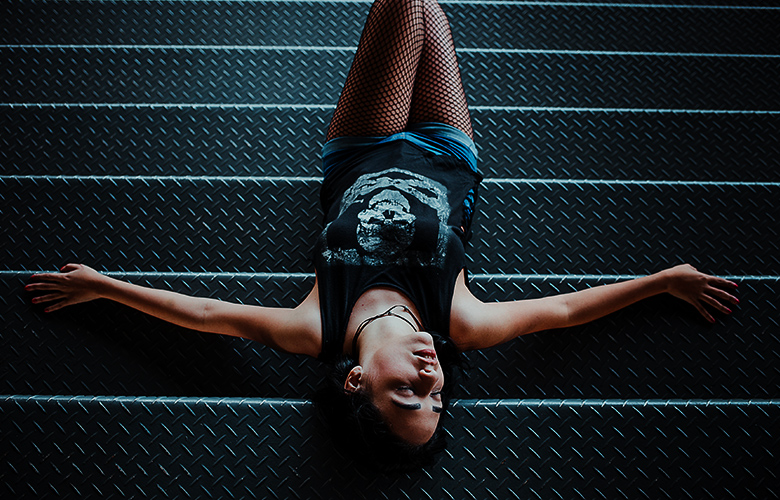
Whether onstage or backstage, you can be pretty wired after a performance. This makes total sense – you have been under pressure to get things right, dealing with small margins of error and relying on your mind and body to get the job done. Your emotional-brain reckons shows are a dangerous thing to do, even if your rational- brain doesn’t agree. As a result, you have a sympathetic nervous system response which floods your body with adrenaline and activates you so you’re ready for anything. Winding down is tough. No wonder you can’t sleep straight after a show!
What your body needs is help to get the nervous system into parasympathetic mode – the ‘rest and digest’ rhythm you need for sleep. Expect to spend an hour winding down before bed – here are some techniques to try.
There’s an added element to the post-performance wind down for actors – separating oneself from the character. There are currently no research-based guidelines for getting out of character. The following ideas are drawn from anecdotal evidence and clinical experience:
Going On Tour? Tips For Your Mental Health
Cast and Crew – Looking after Each Other on Tour: Part 1



The Arts Wellbeing Collective is an Arts Centre Melbourne initiative that comprises a consortium of arts and cultural organisations whose shared vision is to effect better mental health and wellbeing for performing arts workers. Our objectives are to: - Improve support services for performing arts workers - Collate and share information - Effect industry cultural change - Improve support networks within and between arts organisations. Our guiding principles are: - Prevention focused, promoting positive mental health and wellbeing, and raising awareness of mental health, mental health problems and the value of early intervention. - Working in partnership, ensuring a variety of partnerships state-wide and across the industry – collaboration is core to the Arts Wellbeing Collective and vital to success. - Creating systems level change, through seeking to understand and address systems, cultures and traditions that contribute to poor mental health and wellbeing in the performing arts. - Long-term thinking, prioritising resources and initiatives that have capacity for long-lasting impact, scalability and transferability. - Knowledge creation and dissemination, working with experts and industry leaders to find, share, create and translate the best available information, tailored for creative contexts. - Encouraging innovation, Arts Centre Melbourne is always learning – we do not have all the answers. We will test, trial, evaluate, and share useful findings with energy and authenticity, and continue to be rigorously planned, strategically responsive and thoughtfully adaptable.
Read Full Profile© 2021 TheatreArtLife. All rights reserved.

Thank you so much for reading, but you have now reached your free article limit for this month.
Our contributors are currently writing more articles for you to enjoy.
To keep reading, all you have to do is become a subscriber and then you can read unlimited articles anytime.
Your investment will help us continue to ignite connections across the globe in live entertainment and build this community for industry professionals.